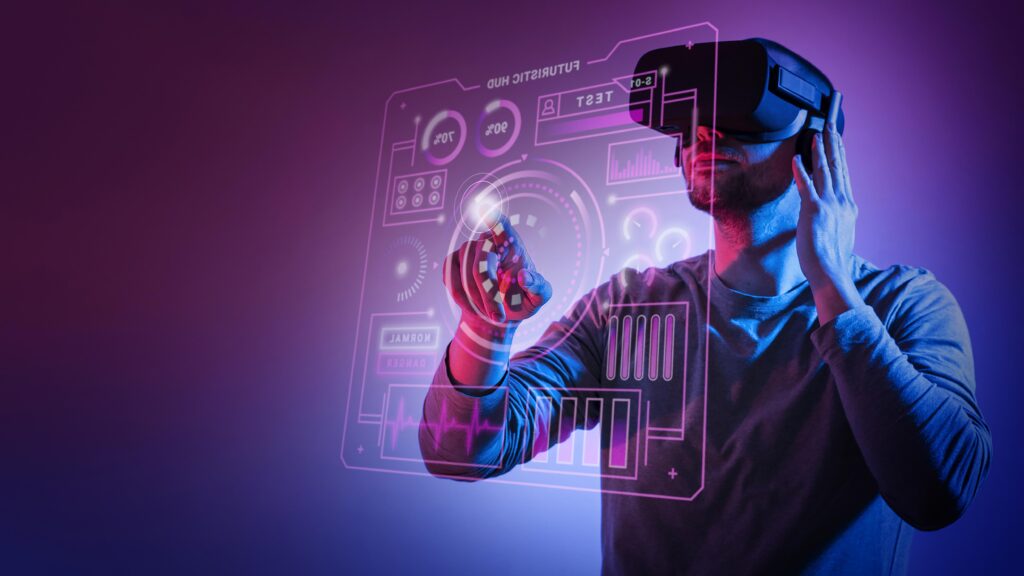As we move further into the 21st century, Artificial Intelligence (AI) is no longer a futuristic concept—it’s part of our everyday lives. From voice assistants like Siri and Alexa to advanced AI-driven tools in healthcare, finance, and even education, AI is reshaping how we interact with the world. But what does the future hold for this rapidly advancing field? In this post, we’ll explore what’s next for AI in 2025 and beyond.
1. AI in Healthcare: Revolutionizing Diagnostics and Treatment
One of the most exciting advancements of AI is its role in healthcare. In 2025, we can expect AI-powered diagnostic tools to become more accurate and widely used. Machine learning algorithms will assist doctors in diagnosing diseases with greater precision and speed. From detecting early signs of cancer to predicting patient outcomes, AI will make healthcare more personalized and effective.
2. Autonomous Vehicles: A Step Closer to the Future of Transportation

Self-driving cars are no longer a distant dream. With advancements in AI, autonomous vehicles are becoming more reliable and safer. In the next few years, we can expect an increase in the use of AI to power fully autonomous cars, trucks, and delivery systems. These vehicles will not only reduce accidents caused by human error but will also help with traffic management, pollution reduction, and making transportation more accessible to people with disabilities.
3. AI in the Workforce: Automation and New Job Opportunities
While many fear that AI will lead to job losses, the reality is more complex. AI will automate certain repetitive tasks, but it will also create new job opportunities. As AI continues to advance, people will need to learn how to work alongside these intelligent systems. Professions like AI development, data analysis, and AI ethics will thrive, and people will be trained to leverage AI to enhance their productivity.
4. Ethical AI: Ensuring Fairness and Transparency
As AI becomes more integrated into society, it’s important to address ethical concerns. AI algorithms can inadvertently perpetuate bias, leading to unfair outcomes in areas like hiring, criminal justice, and lending. In the coming years, there will be a greater emphasis on ensuring AI systems are transparent, fair, and accountable. Governments, tech companies, and organizations will need to collaborate to establish ethical guidelines for the responsible use of AI.
Conclusion
As we look toward the future, AI will continue to evolve and disrupt various industries. While challenges remain—particularly around ethics and regulation—the opportunities are immense. From revolutionizing healthcare to transforming transportation, AI’s potential to change the world for the better is exciting. As we approach 2025, it’s clear that AI is not just a passing trend; it’s a technological revolution that’s here to stay.